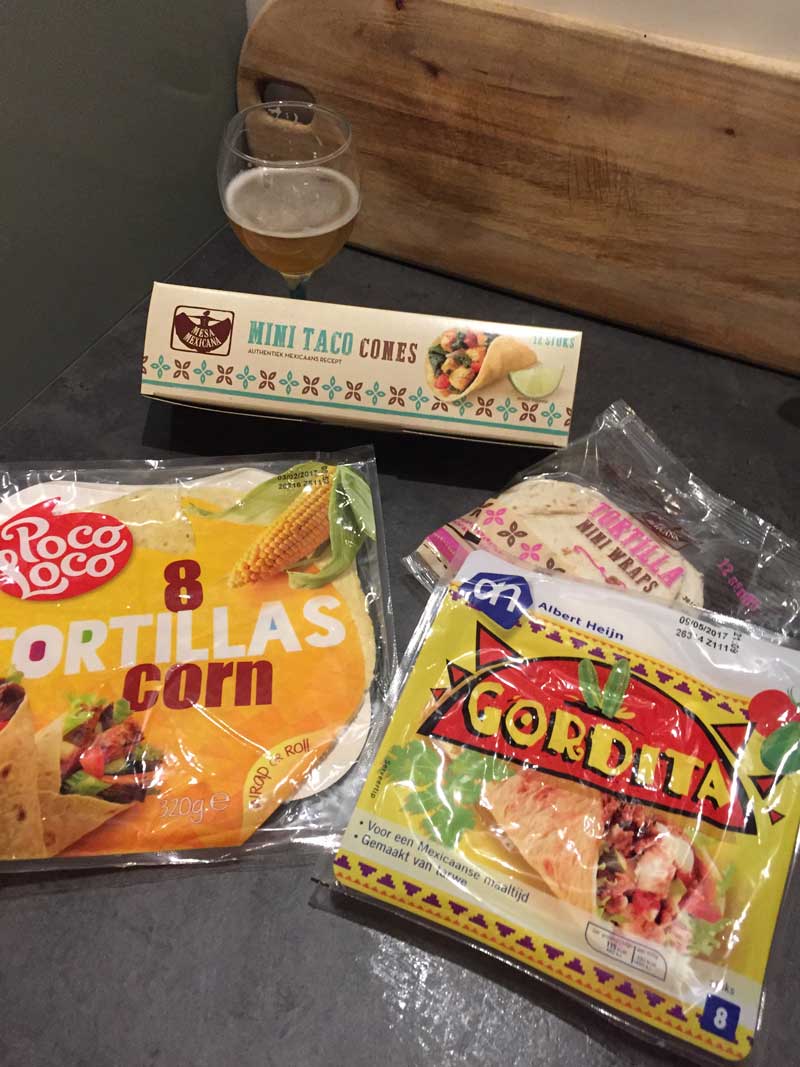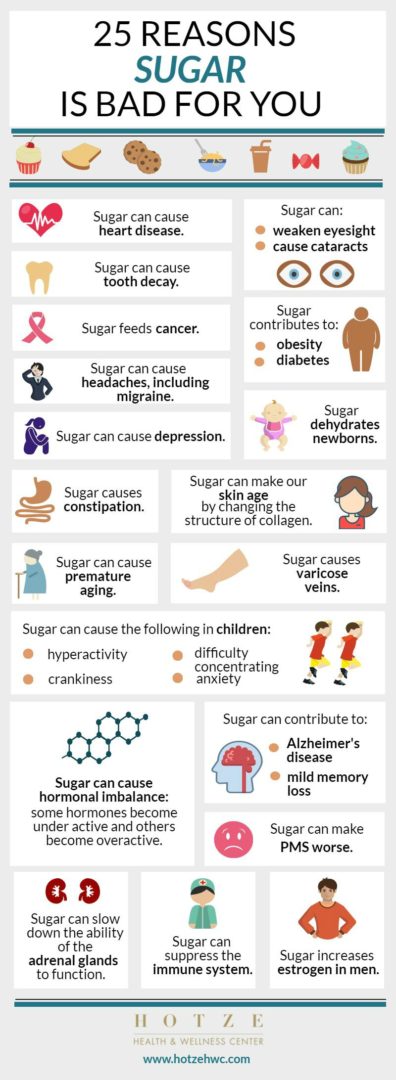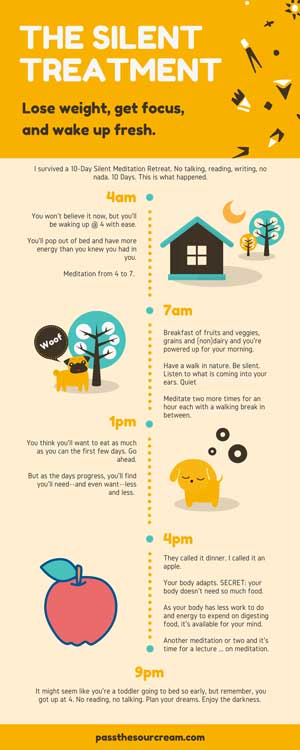
Your child’s personality just changed (for the worse). What did they eat?
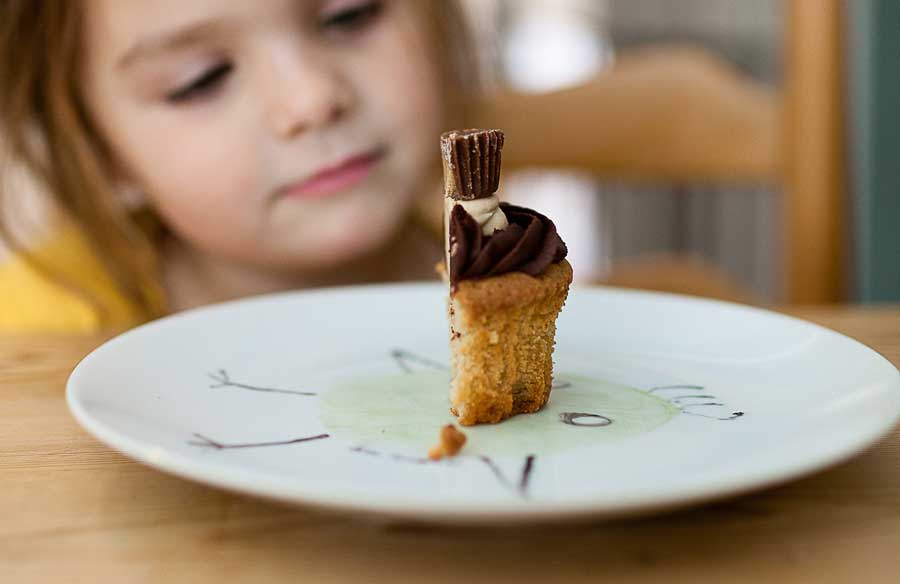
Or maybe the question is, “When did they eat?”
As adults, we all know that:
- Alcohol impairs our reaction time,
- Wheat (or gluten) might make us feel bloated and lethargic,
- Sugar Has No Nutritional Benefits and Will Rot Your Teeth
- Caffeine can help wake you up.
- Etc.
So why do we sometimes have a hard time making the connection to food and kids?
Little Billy “The Kid” Bob skipped his nutritious lunch and only ate the sweets that they had for the special day’s celebration at school. Billy Bob comes home and turns into Billy “The Bruiser” Bob. It’s as if he became another person–or a monster. What’s going on?
They say to “write the book you want to read” so it’s part of a series on topics I want answers to … so I write about them.
Pam Meyers, BDEd, in her article Five Foods That Negatively Affect Your Child’s Mood, says, “If you notice behavior changes or mood swings in your child, consider keeping a food journal.” If you take that another step maybe make a chart, complete with line graphs, an X and Y-axis (I know, I’m a math dork), you might be able to see how food relates to your child’s behavior.
I would like to add the time of day in there as I notice that the longer they go without food, the worse the dip is going to get. “Well, duh!” you say, but remember that many kids don’t keep track of when (much less) what they eat and they’re more like goldfish in that they:
- Eat when there is food (floating) in front of them,
- Eat whatever is near them,
- Eat until they explode (or float to the top upside down).
Maybe your kids remember things like eating lunch. If they don’t, a food journal might help not only you, but it might pique their interest in how food affects their own moods.
I have scientific proof that food can also bring Billy “The Monster” Bob back to The Kid in the same way that the lack of it causes the transformation in the first place. The Incredible Hulk would have loved to have more control over when he went green and monstrous and chances are your kid would like that control, too.
Unless, of course, they like turning into huge super heroes who can scream, crush things and (think they) get away with it because they’re in a bad mood.
I especially like this quote from Health Ambition:
If you don’t believe sugar is all that bad for you, just eliminate it from your life for a while and see how you feel, watch your energy levels soar, your immune system come to life, and your skin glow. Then, decide for yourself.
“Energy levels soar?” Now that sounds like more fun than a bag of candy!
More on the Topic of “Going Green” (in the super hero sense of the word)
- The Negative Effects of Sugar Do we even know how to count sugar? “Take the grams of sugar listed in the food item and divide by 4 to get an approximate number of teaspoons.” That kind of information and much more is packed into the article over at the Health Ambition site.
- Food and children’s behaviour Whether your child has a diagnosed behavioural disorder (such as ADHD), or is simply going through a difficult stage, latest research has confirmed that food can be a contributing factor. Dietitian Tracy Morris reports on the three major links between food and behaviour.
- Five Foods That Negatively Affect Your Child’s Mood Parents intuitively know that food can impact their child’s behavior and mood. We know that sweets, for example, can cause bouts of hyperactivity. But mood-altering food isn’t limited to sugar – there are other culprits in the snacks and meals that we feed our little ones.
- Think Food Doesn’t Affect Behavior? An experiment on the effects of food on behavior done by the British TV series, The Food Hospital, produced shocking results. Party food loaded with sugar, artificial coloring, and other additives has the power to turn your lovely, cooperative child into a badly behaved, physically aggressive youngster.
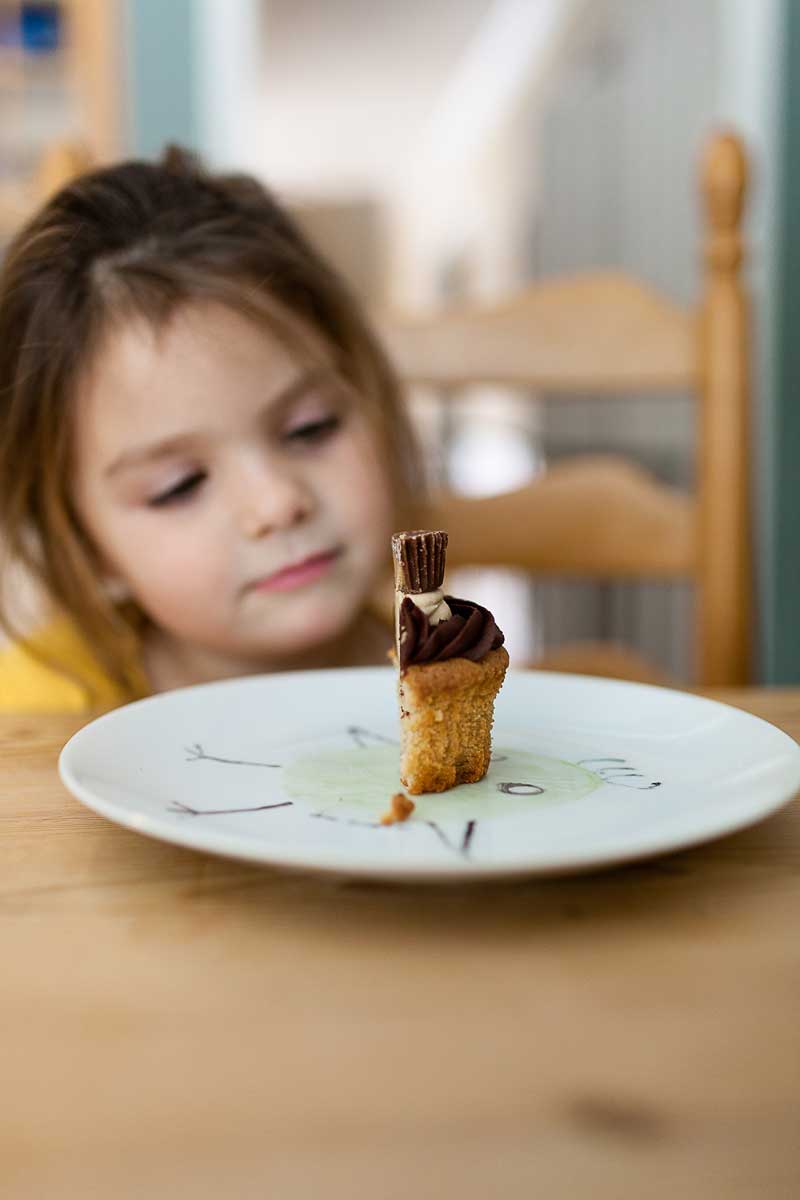
Your child’s personality just changed (for the worse). What did they eat?
25 Reasons Sugar is Bad for You
Fantastic infographic from Health & Wellness Center International.







